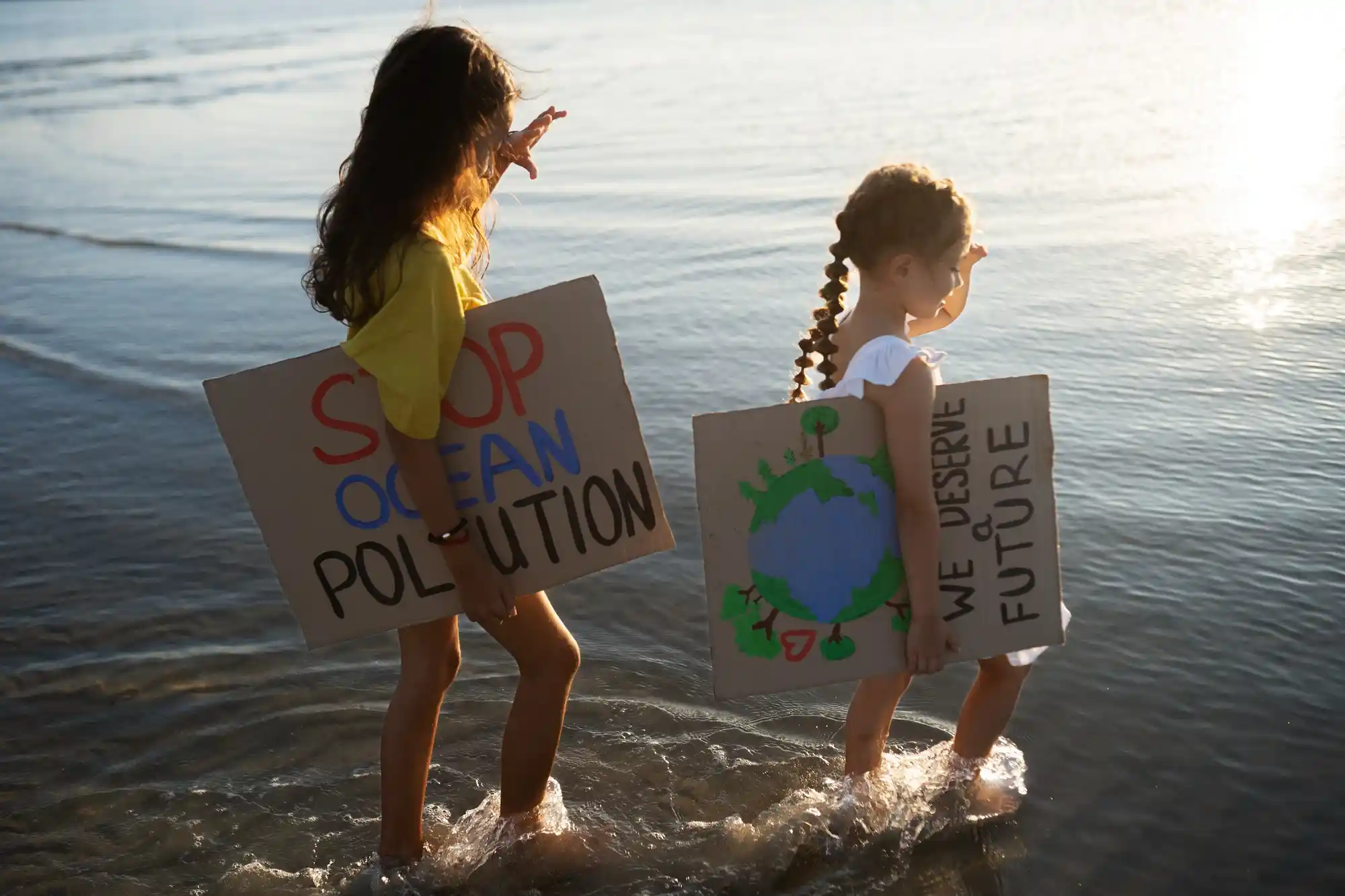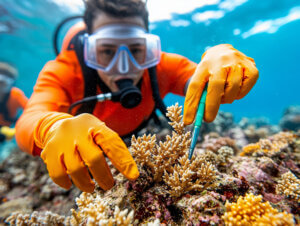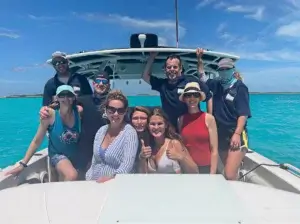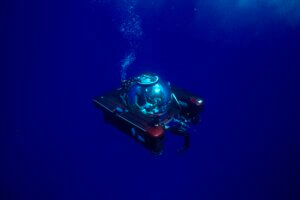Ocean Conservation Laws You Should Know
The ocean is a vast, mysterious, and life-sustaining part of our planet. Covering more than 70% of the Earth’s surface, it provides oxygen, regulates climate, and supports a rich diversity of marine life. However, human activity, including pollution, overfishing, and climate change, threatens the health of our oceans. That’s where ocean conservation laws come in. These laws are essential tools in the global effort to protect marine ecosystems and ensure a sustainable future for our planet.
In this blog, we’ll explore the most important ocean conservation laws from around the world, explain why they matter, and share how individuals can contribute to ocean protection.
Why Ocean Conservation Laws Matter
Before diving into specific laws, it’s important to understand why these regulations are crucial:
- Biodiversity Protection: Oceans are home to millions of species, many of which are still undiscovered. Conservation laws help protect endangered marine animals and habitats.
- Sustainable Fisheries: Overfishing is a serious issue. Laws regulate fishing practices to prevent the depletion of marine stocks.
- Climate Regulation: Healthy oceans absorb carbon dioxide and help regulate the planet’s temperature. Protecting them helps combat climate change.
- Economic Importance: Millions of people depend on oceans for their livelihoods through fishing, tourism, and trade.
1. United Nations Convention on the Law of the Sea (UNCLOS)
Often referred to as the “constitution of the oceans,” UNCLOS is a comprehensive international agreement that sets the legal framework for marine and maritime activities. Enforced since 1994, it governs:
- Territorial seas
- Exclusive Economic Zones (EEZs)
- Continental shelves
- High seas freedoms
- Marine environmental protection
UNCLOS ensures nations respect marine boundaries and are responsible for preventing ocean pollution and protecting marine biodiversity. It is one of the most important ocean conservation laws on a global scale.
2. Marine Mammal Protection Act (MMPA) – United States
Enacted in 1972, the Marine Mammal Protection Act was one of the first laws to call for an ecosystem-based approach to wildlife management. The MMPA makes it illegal to:
- Hunt, capture, kill, or harass any marine mammal in U.S. waters
- Import marine mammal products
The law helps conserve species such as whales, dolphins, seals, and manatees. It also includes permits for scientific research and public display under strict conditions.
3. Endangered Species Act (ESA) – United States
Although not exclusively focused on marine life, the Endangered Species Act plays a significant role in ocean conservation laws. It protects marine species listed as endangered or threatened, including:
- Sea turtles
- Sturgeon
- Certain species of whales and sharks
The ESA mandates recovery plans and habitat protection, helping bring species back from the brink of extinction.
4. Magnuson-Stevens Fishery Conservation and Management Act – United States
This act governs marine fisheries in U.S. federal waters. It:
- Prevents overfishing
- Rebuilds overfished stocks
- Ensures sustainable fisheries
- Protects essential fish habitats
It requires science-based decision-making and involves regional fishery management councils to create tailored regulations.
5. Marine Strategy Framework Directive – European Union
Adopted in 2008, the Marine Strategy Framework Directive (MSFD) is the EU’s key policy for protecting the marine environment. It aims to achieve “Good Environmental Status” (GES) of the EU’s marine waters through:
- Marine litter control
- Biodiversity protection
- Limiting underwater noise
- Pollution prevention
EU member states must develop marine strategies and monitor progress regularly, making MSFD a critical ocean conservation law in Europe.
6. Convention on International Trade in Endangered Species (CITES)
While not exclusive to the ocean, CITES regulates international trade in endangered species, including marine life such as:
- Sea horses
- Coral
- Sharks
- Sea cucumbers
CITES protects these species from overexploitation due to international demand. Participating countries are obligated to ensure that trade does not threaten their survival.
7. International Whaling Commission (IWC)
The IWC is an international body that regulates whaling to ensure the conservation of whale populations. It enforces:
- A moratorium on commercial whaling
- Designation of whale sanctuaries
- Whale population assessments
Although controversial due to some nations opting out, the IWC remains a central player in whale conservation under ocean conservation laws.
8. Australia’s Environment Protection and Biodiversity Conservation Act (EPBC)
Australia’s EPBC Act is a cornerstone environmental law protecting the country’s unique marine environments. Key features include:
- Establishment of marine protected areas (MPAs)
- Environmental assessments for activities impacting the ocean
- Species protection and recovery programs
Australia has one of the largest marine park networks in the world, thanks in part to the EPBC.
9. High Seas Treaty (2023)
A breakthrough global agreement, the High Seas Treaty was adopted in 2023 by United Nations member states. It aims to:
- Protect marine biodiversity in international waters
- Create marine protected areas on the high seas
- Share marine genetic resources equitably
- Conduct environmental impact assessments
This treaty is a significant step forward in international ocean conservation laws, especially as only about 1% of the high seas are currently protected.
10. Regional and National Marine Protected Areas (MPAs)
Many countries and regions have their own systems of Marine Protected Areas, which limit or prohibit activities such as:
- Fishing
- Mining
- Oil drilling
- Recreational disturbance
Examples include the Great Barrier Reef Marine Park in Australia and Papahānaumokuākea Marine National Monument in the U.S.
MPAs are effective tools for conserving biodiversity, replenishing fish stocks, and preserving vital habitats like coral reefs and mangroves.
Challenges in Implementing Ocean Conservation Laws
Despite progress, enforcing ocean conservation laws faces several challenges:
- Jurisdictional Gaps: Many laws apply only to national waters, not the high seas.
- Illegal Fishing: Enforcing laws on distant illegal fishing fleets is difficult.
- Pollution: Marine pollution often crosses borders and is hard to trace.
- Climate Change: Warming waters and acidification are complex issues not easily regulated.
Overcoming these requires international cooperation, technology, and stronger political will.
How You Can Support Ocean Conservation Laws
You don’t need to be a lawyer or scientist to help protect the ocean. Here’s how you can contribute:
- Reduce Plastic Use: Avoid single-use plastics to prevent marine litter.
- Support Sustainable Seafood: Choose seafood certified by organizations like MSC or ASC.
- Stay Informed: Educate yourself and others about ocean conservation laws.
- Participate in Cleanups: Join local beach or underwater cleanup events.
Advocate for Policy Change: Support NGOs and policies that promote stronger ocean protections.
Understanding and supporting ocean conservation laws is crucial in the fight to save our marine ecosystems. These laws protect endangered species, regulate fishing, limit pollution, and create safe zones for marine life to thrive. With continued global cooperation and public awareness, we can ensure that future generations inherit a healthy, vibrant ocean.
Whether it’s learning about UNCLOS, choosing sustainably sourced seafood, or advocating for marine protected areas, every action counts. The ocean gives us life—it’s time we return the favor by protecting it through knowledge, advocacy, and sustainable living.
FAQs
What are ocean conservation laws?
Ocean conservation laws are legal frameworks established by governments or international bodies to protect marine environments and regulate human activities such as fishing, shipping, and pollution. These laws aim to preserve marine biodiversity, habitats, and ensure the sustainable use of ocean resources.
Why are ocean conservation laws important?
Ocean conservation laws are crucial for maintaining the health of marine ecosystems. They help prevent overfishing, reduce pollution, protect endangered species, and ensure oceans continue to provide food, climate regulation, and livelihoods for billions of people globally.
What is the most well-known international ocean conservation law?
The United Nations Convention on the Law of the Sea (UNCLOS) is the most recognized international ocean conservation law. It defines countries’ rights and responsibilities over marine resources and mandates the protection of the marine environment.
How do ocean conservation laws protect endangered marine species?
These laws, such as the Endangered Species Act (ESA) and CITES, prohibit the hunting, trade, and exploitation of endangered marine animals. They also enforce habitat protections and implement recovery plans to help populations rebound.
Can individuals help enforce ocean conservation laws?
While enforcement is primarily done by authorities, individuals can support ocean conservation laws by reporting illegal activities (like poaching), following sustainable seafood guidelines, reducing plastic waste, and advocating for stronger marine protections.
What are Marine Protected Areas (MPAs), and how do they work?
MPAs are regions of the ocean designated for conservation. Human activities like fishing or drilling are restricted or banned within these areas to preserve biodiversity, protect habitats, and allow marine life to thrive.
Are ocean conservation laws effective?
When properly enforced and supported, ocean conservation laws are highly effective. They’ve led to the recovery of overfished populations, reduced pollution, and increased biodiversity in protected zones. However, global cooperation and better enforcement are still needed for widespread impact.




